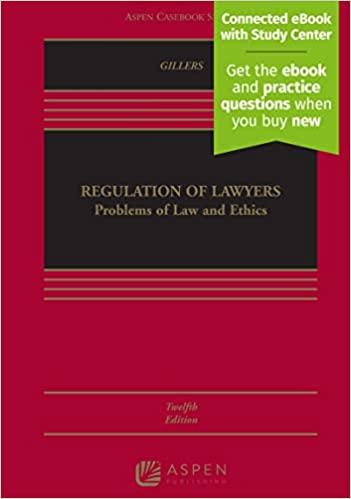Answered step by step
Verified Expert Solution
Question
1 Approved Answer
Review questions KEY TERMS alter ego trust, 109 joint partner trust, 109 alternate beneficiary, 104 qualifying spousal trust, 108 beneficiary, 103 rule against perpetuities, 106
Review questions

Step by Step Solution
There are 3 Steps involved in it
Step: 1

Get Instant Access to Expert-Tailored Solutions
See step-by-step solutions with expert insights and AI powered tools for academic success
Step: 2

Step: 3

Ace Your Homework with AI
Get the answers you need in no time with our AI-driven, step-by-step assistance
Get Started


